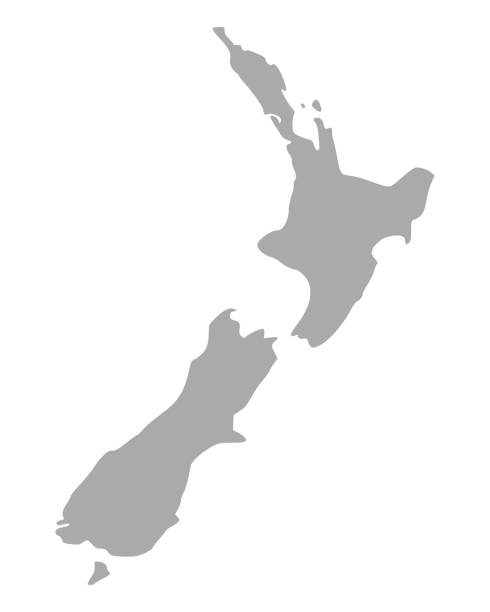|
What is early childhood care and education?
In New Zealand, the main providers of early childhood education are kindergartens, playcentres, Pacific Islands language groups, education and care services, home-based care services and köhanga reo.
Early childhood education programmes are, on the whole, developmental and based in learning through play. All early childhood services wishing to receive government funding must be licensed and chartered. Licensing ensures that basic standards of quality are maintained.
A charter sets out both mandatory and optional objectives and practices. Chartered groups receive funding direct from government in the form of a bulk grant.
How do public kindergartens operate?
Kindergartens predominantly operate early childhood education for children between the ages of 3 and 5. In general, younger children attend afternoon sessions for three afternoons a week, while the older age group attend five mornings a week.
As well as teaching children the beginning stages of reading, writing, maths and science, the Kindergarten curriculum, Te Whaariki, teaches children social and person skills that will stay with them for life.
Every teacher is fully qualified and must hold a current practising certificate. They continually update and upskill their knowledge and experience with workshops and relevant courses that will benefit the children in their kindergarten.
What is PAFT?
PAFT or Parents as First Teachers is based on the programmes developed in the USA by the Missouri State Department of Education. They provide a series of regular home visits by early childhood educators to parents with children from birth to 3 years of age. PAFT is based on the philosophy that parents are their children’s first and most important teachers.
PAFT provides free, practical support and guidance to families with young children. This support lasts from before birth to three years. PAFT is funded by the Government and administered by Early Childhood Development.
|
What are playcentres and playgroups?
Playcentres are parent cooperatives where parents take responsibility for the management and supervision of sessions. Children attending playcentre range in age from birth to school age. Playgroups are licence-exempt, community-based, non-profit-making groups of parents who meet to provide early childhood education for their children.
What is Montessori?
Montessori’s are named after Italian physician and educator, Maria Montessori (1870-1952) who proposed a method of teaching young children that stresses the development of initiative and natural abilities. You can read more on Montessori education including an in-depth explanation.
What is a language nest?
Language nests refer to early childhood education and care based on a specific language or culture. Examples of language nests include Kohanga Reo or Pacific Island language groups.
Köhanga reo are sessional or all-day Mäori language immersion early childhood institutions. Their prime aim is the maintenance of the language of the indigenous people of New Zealand, the Mäori. The centres are community based and are administered by local management groups affiliated to the Te Köhanga Reo National Trust.
Pacific Islands language groups Pacific Islands language centres offer programmes based on the values and languages of Pacific Islands cultures. They range from licence-exempt family playgroups, meeting once or twice a week, to licensed and chartered centres. These programme emphasise language development, both in Pacific Islands languages and English, and increasing parental knowledge in early childhood care and education.
What is meant by homebased care?
Home-based care (family daycare) is an organised system whereby parents of young children or babies are linked to caregivers, who are often themselves parents of young children. This type of care differs to the services of nannies or babysitters.
|


